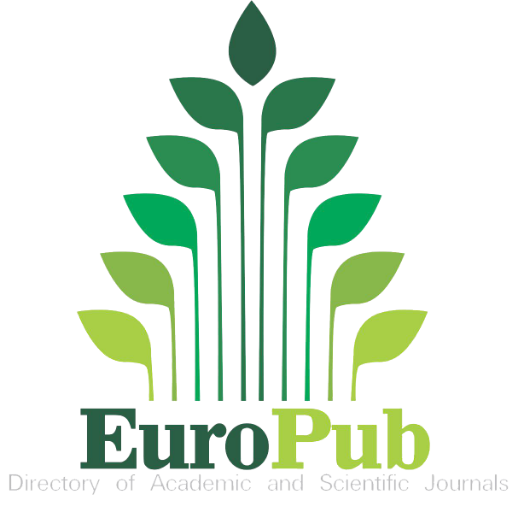Borderlands: Dub Techno’s Hauntological Politics of Acoustic Ecology
Keywords:
Dub techno, Detroit techno, dub diaspora, acoustic ecology, post-Fordism, neoliberalismAbstract
This article explores the aesthetic, social and economic relationships between dub techno and urban space. Sketching out the neoliberal economic transition from the post-war economy to a post-Fordist society, this article lingers on dub/techno trends from four cities: Kingston, London, Detroit and Berlin. An archaeology of dub techno is reconstructed into four parts, each highlighting an affective relation, or “sound map”, between music and neoliberal economic production. Starting with the hauntological melancholia of London-based Burial’s music, this article traces the history and sonic networks of the dub techno diaspora, from Detroit techno’s city of urban decay to Berlin’s divided city. Finally, dub techno is narrated through a “borderland” mapped sonically between Detroit and Berlin, suggesting a futuristic politics of dub techno’s acoustic ecology.
Downloads
Published
Issue
Section
License
Authors who publish with this journal agree to the following terms:- Authors retain copyright and grant the journal right of first publication with the work simultaneously licensed under a Creative Commons Attribution-Noncommercial-Share Alike License that allows others to share the work with an acknowledgement of the work's authorship and initial publication in this journal.
- Authors are able to enter into separate, additional contractual arrangements for the non-exclusive distribution of the journal's published version of the work (e.g. post it to an institutional repository or publish it in a book), with an acknowledgement of its initial publication in this journal. Such derivate works or subsequent publications must happen no less than one calendar year after the initial publication date in Dancecult.
- Authors are permitted and encouraged to post their work online (e.g. in institutional repositories or on their website) prior to and during the submission process, as it can lead to productive exchanges, as well as earlier and greater citation of published work (See The Effect of Open Access).






